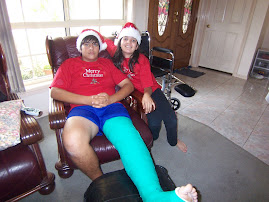
The Olympic Torch is a symbol of the Olympic Games, and was first used in modern times at the Olympic Stadium in Amsterdam, 1928 by an employee of the Electric utility of Amsterdam.There were over 30 recorded Olympic Lighters. The flame symbolizes "The light of spirit, knowledge, and life."
The Olympic Torch today is ignited (catch fire) several months before the opening celebration of the Olympic Games at the site of the Ancient Olympics in Olympia, Greece. Eleven women perform a ceremony in which the torch is slowly burning by the light of the sun.
Since the first Olympic Games celebrated in the modern time, the Olympic Torch has become a symbol of the peace between the continents.
http://en.wikipedia.org/wike/Olympic_Flame
The Olympic Torch today is ignited (catch fire) several months before the opening celebration of the Olympic Games at the site of the Ancient Olympics in Olympia, Greece. Eleven women perform a ceremony in which the torch is slowly burning by the light of the sun.
Since the first Olympic Games celebrated in the modern time, the Olympic Torch has become a symbol of the peace between the continents.
http://en.wikipedia.org/wike/Olympic_Flame






